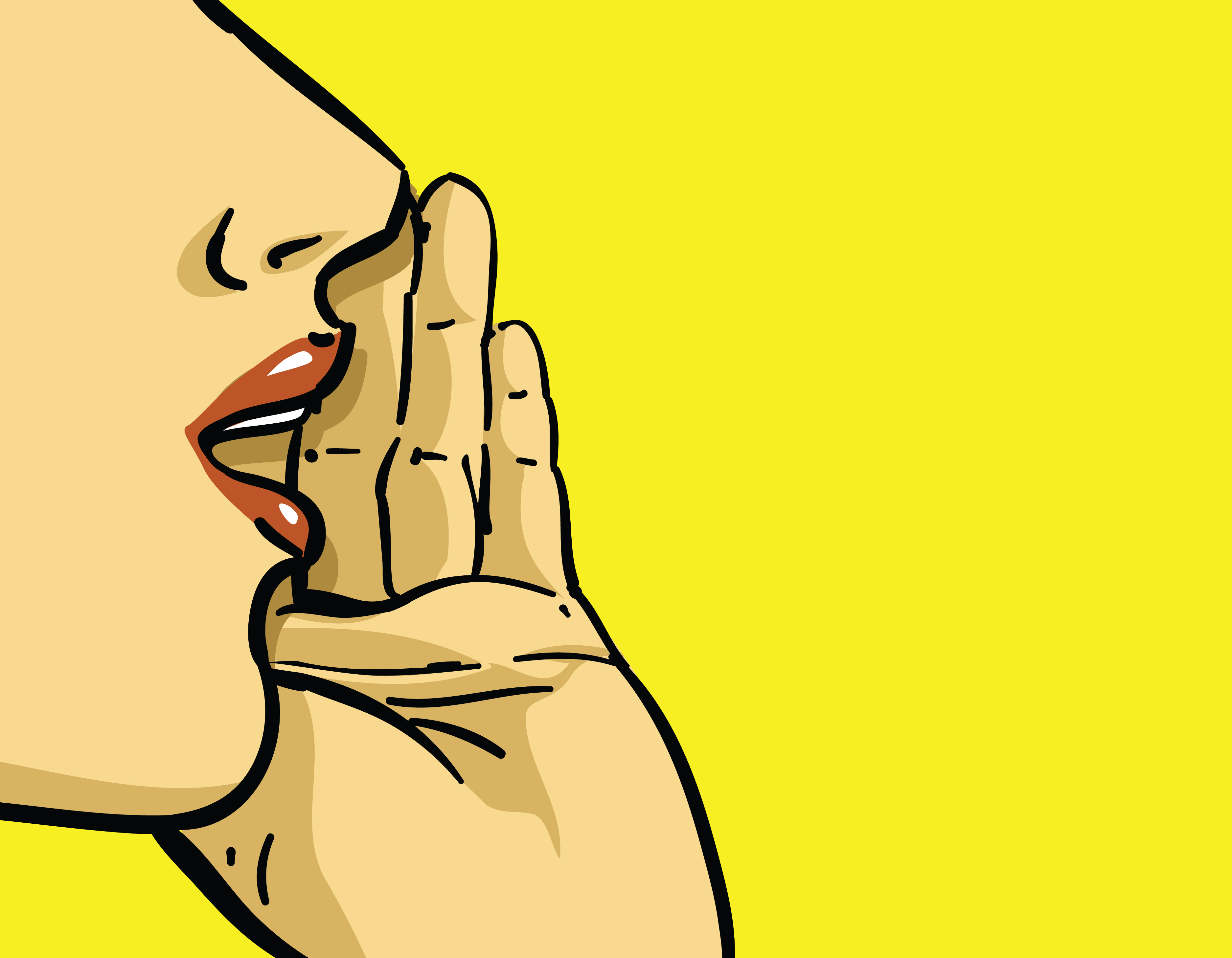 Something has changed dramatically about the way we communicate: we don’t talk to one another. We text, tweet, “like”, and comment as an alternative to speaking and listening. Why speak when we can merely type? Professionally, we email rather than go through the emotional rollercoaster of having a dialogue with clients, colleagues, or adversaries. My favorite is leaving a voicemail message for someone and receiving an email reply asking “what’s up?” Genius!
Something has changed dramatically about the way we communicate: we don’t talk to one another. We text, tweet, “like”, and comment as an alternative to speaking and listening. Why speak when we can merely type? Professionally, we email rather than go through the emotional rollercoaster of having a dialogue with clients, colleagues, or adversaries. My favorite is leaving a voicemail message for someone and receiving an email reply asking “what’s up?” Genius!
Fans of email boast that it permits them to multitask. However, emailing while you are with another person, is, at best, rude and worse, demeaning since you are letting the person know that they are unworthy of your full, undivided attention. Behaving in such a manner around a client means you aren’t interested in working for your client.
Using social media and smart phones has become an obsession. Have you ever watched somebody light a cigarette and then another smoker immediately follows suit? Monkey see: monkey do. Next time you are out, watch your friend or colleague check her blackberry. You invariably will do the same thing. It ends the conversation. You stop talking. Bad habit, you should quit.
Failing to watch and listen during a conversation means you cannot communicate effectively. One study conducted at UCLA suggested that 93% of effective communication between people is dictated by nonverbal cues. What is lost is the credibility of the speaker. Particularly for litigators, we can’t evaluate the sincerity of our client and belief in her case. We need non-verbal cues, such as posture and facial expression, to get a sense of whether our client will make a good witness. Similarly, if we are texting, tweeting, or sending an email, we are not talking or listening to the person in front of us. Voice and tone are tremendously important in evaluating a speaker for honesty and candor. Our loved ones and colleagues may have more tolerance for our multiple interests, however, our clients are not paying us to be distracted and inattentive.
Turn your smart phone, blackberry, i-pad off and pay attention to the person or client in front of you. Kick the habit.

